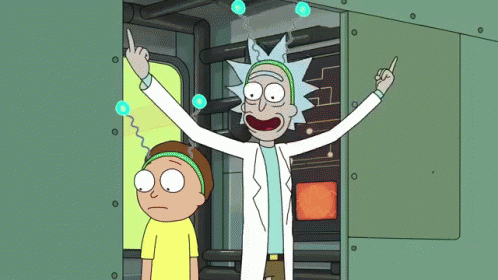I don't think the Darwinists are completely wrong; they just look at things from the wrong side of the equation, and end up looking like idiots in the process. The argument can be made that most of the things the biologists say are advantageous for survival actually are. (They basically turn something that should be obvious on the face of it into something allegedly 'deep' and profound, but which is actually just a truism.) But they are that way because there is direction inherent in evolution. We didn't get opposable thumbs because some random mutation accidentally conferred an advantage; thumbs conferred an advantage, and so we acquired them, for that purpose. But the idea of survival advantage doesn't exhaust the reasons for most of these forms and features. In most cases, there are reasons in addition to survival. Altruism is probably one of those. There are advantages to altruism in addition to mere physical survival. And a better word for advantage is value.Yes, and the funny (or not) thing is that you actually don't need to worry about explaining psychopaths using Darwin's theory. Because according to this theory, we basically are ALL psychopaths! Now, try to use Darwinism to explain why anyone in the whole history of humanity has ever done even ONE altruistic thing - then you will get into trouble!
I consider this kind of Darwinian reasoning of "looking for evolutionary advantages" totally sloppy. "People have heads. Explanation: They needed to see and think, because this made it easier to kill tigers..." Just ridiculous.
Stove also makes a useful distinction between evolution and biology (adding that this scandalizes Darwinians LOL). In other words, you can analyze bodies and organisms functionally, like in the olden days of biology. No need for nonsensical speculations about "evolutionary advantages" in the distant past that nobody knows anything about anyway.
Basically, you can take a lot of evolutionary arguments, just flip them around, and they make better sense.



